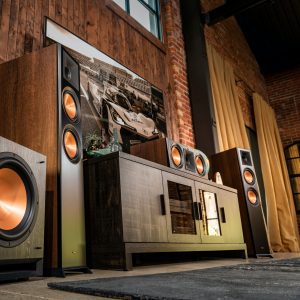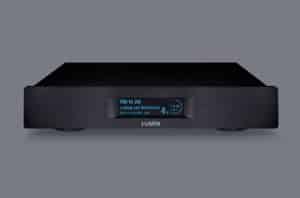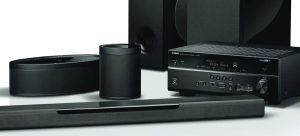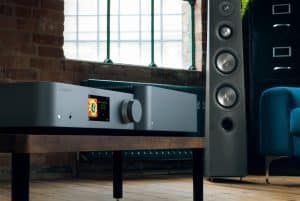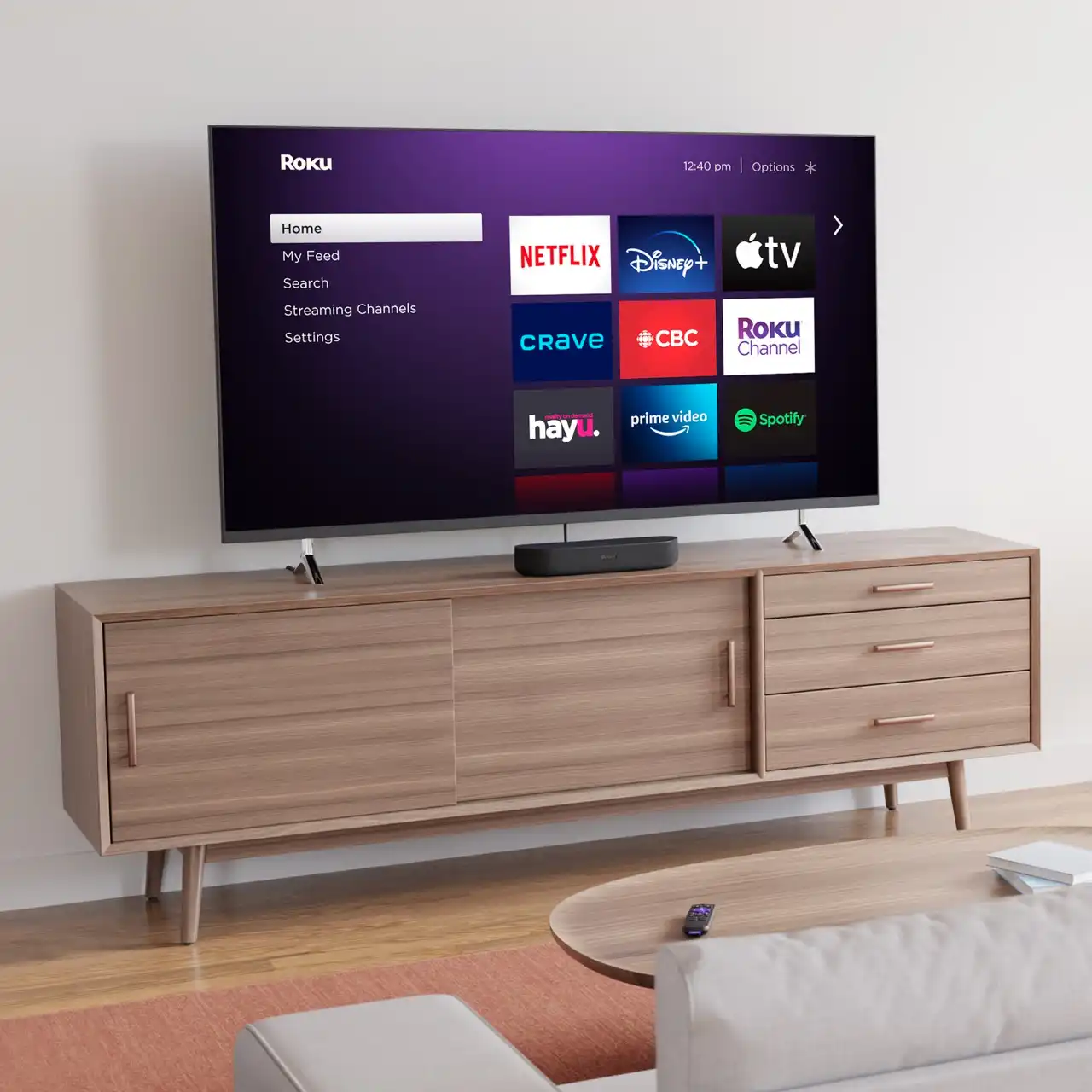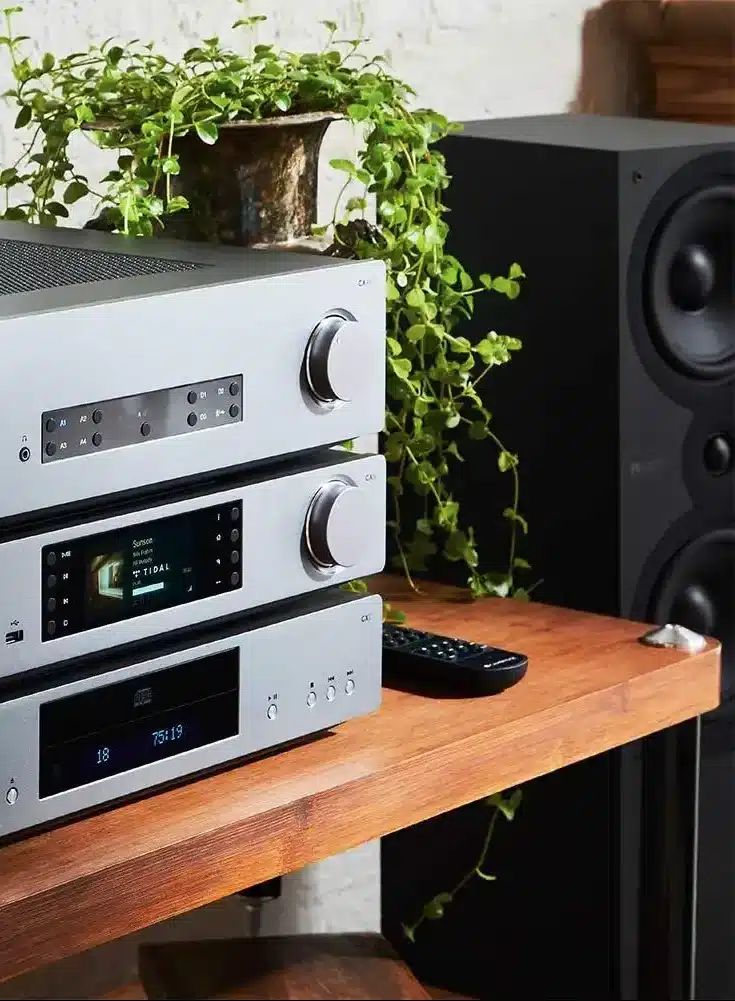-

TV & Home Theater Accessories
-

TVs
-

SOUNDBARS
-

Home Audio Components
-

Projectors & Projector Screens
-

HOME SPEAKERS
-

Bluetooth, Wireless, Noise Cancelling Headphones
-

HOME AUDIO SOLUTIONS
![]() SAVE UP TO 50% ON SELECT ITEMS
SAVE UP TO 50% ON SELECT ITEMS
![]()
×
Centre HIFI
Please select a province and a language below
- Soundbar Mounts and Accessories

- Soundbar Cables

- Blu Ray DVD Players

- TV Stands, Benches & Tripods

- TV Accessories and TV Wall Mounts

- TV Cables & HDMI Cables

- Smart TVs | LG, Samsung, Hisense

- Smart TV Gift Guide

- Smart TVs by Brand | Samsung TV & LG TV & Hisense TVs

- Smart TVs by Category | Samsung TV, LG TV, Hisense TVs

- TV by Size

- Audio Components by Brands A-M

- Components by Brands N to Z

- Audio Sources

- DACs, Amplifiers & AV Receivers

- Home Theater Systems & Receivers

- Exclusive Brands at Centre Hi-Fi

- Powered Speakers & Stereo Systems

- Audio Accessories and Furnitures

- Projectors by Categories

- Projectors by Brand

- Samsung Projectors, LG Projectors, JVC Projectors

- Projector Screens

- Full Motion TV Wallmounts
- Fixed TV Wall Mounts
- Surge Protectors & Power Strips
- Universal TV Remotes
- Sonora TV Stands
- TVs From $250 - $499.99
- TVs From $500 - $749.99
- TVs From $750 - $999.99
- TVs From $1000 - $1499.99
- TVs From $1500 - $1999.99
- TVs From $2000 - $2999.99
- TVs Above $3000
- Soundbars under $300
- Soundbars under $400
- Soundbars under $500
- Soundbars under $800
- Soundbars under $1000
- Klipsch
- KEF Audio Components
- Arcam Home Audio Amplifiers
- Audiolab Audio Components
- Audio-Technica Turntables
- Bluesound Node
- Cambridge Audio Components
- Denon Receivers and Amplifiers
- Dual Turntables
- Lumin Home Audio Systems
- Onkyo Receivers
- Parasound Home Audio Amplifiers
- Pro-Ject
- Quad Audio Components
- T+A Audio Home Stereo Systems
- Technics Turntables And Receivers
- Totem
- VTL Audio Components
- Yamaha
- Stereo Integrated Amplifiers
- Stereo Power Amplifiers
- Stereo Receivers
- Stereo Preamp
- Digital-to-analog Converters
- Home Theater Cinema Set
- Floorstanding Speakers
- Bookshelf Speakers
- Surround Speakers
- Totem Acoustic | Totem Speakers
- Center Speakers
- Subwoofers
- Sennheiser Headphones & Earbuds
- Panasonic
- Technics Headphones
- Meze
- T+A Headphones
- JVC Headphones
- JBL
- LG Wireless Headphones




